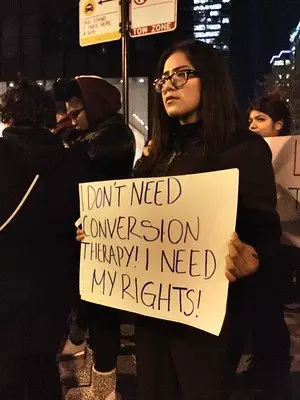
Donate to the Linda McKay-Panos Scholarship Fund

Donate to the Linda McKay-Panos Scholarship Fund
Source: flickr/charcoal soul
By Myrna El Fakhry Tuttle
Reposted from LawNow 46(3) with permission
After two failed attempts, Canada passed legislation, on December 8, 2021, banning conversion therapy. By doing so, Canada joins many countries around the world that have already banned this practice.

By Myrna El Fakhry Tuttle
Reposted from LawNow 46(3) with permission
After two failed attempts, Canada passed legislation, on December 8, 2021, banning conversion therapy. By doing so, Canada joins many countries around the world that have already banned this practice.
The new legislation amended the Criminal Code and makes it illegal as of January 7, 2022 to:
cause another person to undergo conversion therapy
remove a minor from Canada to subject them to conversion therapy abroad
profit from providing conversion therapy
advertise or promote conversion therapy
The legislation also allows “courts to order that advertisements for conversion therapy be disposed of or deleted.”
The new legislation defines conversion therapy as any practice, treatment or service designed to change or repress a person’s sexual orientation, gender identity or gender expression to conform to the sex they were assigned at birth (see section 320.101).
In a report submitted to the United Nations Human Rights Council, an Independent Expert gave the following definition:
Conversion therapy is used as an umbrella term to describe interventions of a wide-ranging nature, all of which are premised on the belief that a person’s sexual orientation and gender identity, including gender expression, can and should be changed or suppressed when they do not fall under what other actors in a given setting and time perceive as the desirable norm, in particular when the person is lesbian, gay, bisexual, trans or gender diverse. Such practices are therefore consistently aimed at effecting a change from non-heterosexual to heterosexual and from trans or gender diverse to cisgender.
Conversion therapy varies from talk and behavioral therapy to medical treatments. Examples of conversion practices include “acts of physical, psychological and sexual abuse, electrocution and forced medication, isolation and confinement, verbal abuse and humiliation”.
The Independent Forensic Expert Group stated:
Conversion therapy appears to be performed widely by health professionals, including medical doctors, psychiatrists, psychologists, sexologists, and therapists. It is also conducted by spiritual leaders, religious practitioners, traditional healers, and community or family members.
In 2012, the Pan American Health Organization stated that “services that purport to ‘cure’ people with non-heterosexual sexual orientation lack medical justification and represent a serious threat to the health and well-being of affected people.” The Pan American Health Organization added that conversion therapies “have to be considered threats to the right to personal autonomy and to personal integrity.”
In 2013, the American Psychiatric Association declared that “no credible evidence exists that any mental health intervention can reliably and safely change sexual orientation; nor, from a mental health perspective does sexual orientation needs to be changed.” In 2016, the World Psychiatric Association found that “there is no sound scientific evidence that innate sexual orientation can be changed.” And in 2020, the Independent Forensic Expert Group said that “offering conversion therapy is a form of deception, false advertising and fraud.”
The 2019-2020 findings of the Sex Now Survey conclude:
As many as one in five sexual minority men (gay, bisexual, trans, Two-Spirit and queer or ‘GBT2Q’) report having ever experienced sexual orientation, gender identity or gender expression change efforts (SOGIECE) – and of them, nearly 40 per cent (or as many as 47,000 GBT2Q men in Canada) have experienced conversion therapy.
Conversion therapies have been denounced by the United Nations, the World Health Organization, Amnesty International, the Canadian Psychological Association, the Canadian Psychiatric Association and the Canadian Paediatric Society. They all clearly state this practice is harmful to LGBTQ2 individuals.
The Independent Forensic Expert Group (mentioned above) declared:
All practices attempting conversion are inherently humiliating, demeaning and discriminatory. The combined effects of feeling powerless and extreme humiliation generate profound feelings of shame, guilt, self-disgust, and worthlessness, which can result in a damaged self-concept and enduring personality changes. The injury caused by practices of ‘conversion therapy’ begins with the notion that an individual is sick, diseased, and abnormal due to their sexual orientation or gender identity and must therefore be treated. This starts a process of victimization through conversion therapy.
In addition, these practices can violate the prohibition of torture and ill-treatment. The underlying assumption is that gender or sexually diverse people are inferior to heterosexual and cisgender individuals, and they must change their identity or orientation to cure that inferiority. That can be degrading and can lead to torture depending on the severity of the situation.
The Independent Expert also stated:
The deep impact on individuals includes significant loss of self-esteem, anxiety, depressive syndrome, social isolation, intimacy difficulty, self-hatred, shame and guilt, sexual dysfunction, suicidal ideation and suicide attempts and symptoms of post-traumatic stress disorder, as well as often significant physical pain and suffering. …
These practices are inherently discriminatory, that they are cruel, inhuman and degrading treatment, and that depending on the severity or physical or mental pain and suffering inflicted to the victim, they may amount to torture.
The new legislation is an important step in safeguarding the rights of LGBTQ2 individuals and outlawing the practice of conversion therapy.
If someone were to challenge these new provisions as violating our freedoms of religion or expression under the Charter, I believe the legislation would be upheld by the courts under section 1. Our rights under the Charter are not absolute. Section 1 of the Charter can limit our rights and freedoms when justified in a free and democratic society.
I also believe this legislation would be upheld under Charter sections 7 (life, liberty, and security of person) and 15(1) (equal treatment under the law) given the fact that these practices are discriminatory, dangerous, and harmful to patients.




2500 University Drive NW
Calgary, AB T2N 1N4
(403) 220-2505
aclrc@ucalgary.ca